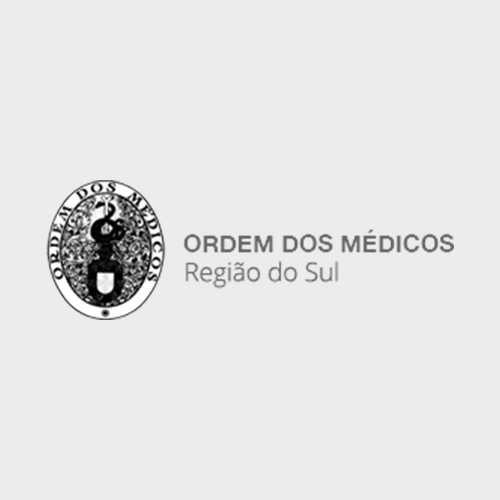On the 26th of March of 2020, the US proceeded to charge the Venezuelan president, Nicolás Maduro, for “narco- terrorism”, corruption and money laundering, and offered a 15m dollar reward to information leading to his capture and prosecution. Since then, there have been various developments regarding the tensions between the US government and the Maduro regime.
To provide context to the situation, Nicolás Maduro became president in 2018, when Hugo Chávez (his predecessor) passed away with cancer. Chavez was a socialist leader, so much so that under his rule, Venezuela experienced democratic backsliding, as he suppressed the press, manipulated electoral laws, and arrested and exiled government critics. He invested most of the money gained through oil revenue (Venezuela’s major export) on social programs and strict business policies that contributed to imbalances in the country's economy, and to rising inflation, poverty. In the final years of his presidency he barely spent any money on healthcare, which caused the Venezuelan population to experience shortages. Nicolás Maduro, therefore, inherited a Venezuela that was in constant political and economic crisis. According to the BBC News, “Inflation hit 800,000% last year and 4.8 million people have fled the country”.
Fast-forward to 2020: on the 28th of January, the United States imposed sanctions on the Venezuelan state-owned oil and natural gas company PDVSA to pressure Maduro to resign during the 2019 Venezuelan presidential crisis. The USA backed the president of the National Assembly, Juan Guaidó. Currently, there is a complex crisis underway concerning the legitimacy of the presidency as the election in 2018 is widely disputed. Guaidó has the backing of the US and EU leaders whereas Maduro is supported by the Venezuelan army, Russia, China and Cuba and etc.
So, what exactly is Maduro being accused of and why is the US adamant that he steps down? According to The Guardian “the Venezuelan leadership collaborated with a dissident faction of the former Colombian guerrilla group, the Revolutionary Armed Forces of Colombia, or Farc, operating on the Colombian-Venezuelan border, which Barr described as an “extremely violent terrorist organization”.” The exact value is unknown, but it was estimated that 200-250 metric tons of cocaine were shipped out of Venezuela through an airbase, and sea route to the Caribbean. The Venezuelan leadership believes that the US are politicizing matters and mentioned that “Venezuela’s nowhere close to a primary transit country for US-bound cocaine. If the US government wanted to address the flow of cocaine they’d focus on corruption in places like Honduras and Guatemala – both governments that the administration has coddled in recent years.””
The timing of the charges was not ideal, as broke off an agreement between Maduro and Guaidó to work together through the COVID-19 pandemic. This, as well as affecting the current government policies might also affect the reception of international aid during the COVID-19 pandemic, which Venezuela desperately needs as since their health system is on the brink of a collapse. Without the foreign aid, the effects on the country can be tragic.
The news from the 31st of March has also shown that after the narco-terrorism charge, the US is looking for another alternative to force Maduro to back down. According to BBC News, the US is offering a “Democratic Transition Framework” which consists of a "sequenced exit path" from US sanctions, including those hitting Venezuela's vital oil sector. This would mean that the US would be prepared to lift the crippling sanctions against Venezuela if its leaders agree to a power-sharing deal. However, it is unlikely that Venezuela accepts this compromise.
To go through this power struggle during a pandemic is not only a blow to the economy but will cost may Venezuelans their lives. The world is going through a time when leaders need to focus on reassuring their people that they are doing everything in their power to blunt the effect the virus will have on the health system and on the population in general. Neither the US nor the Venezuelan government seem to realize that to keep up with the leadership games will have a heavy impact for both sides.






